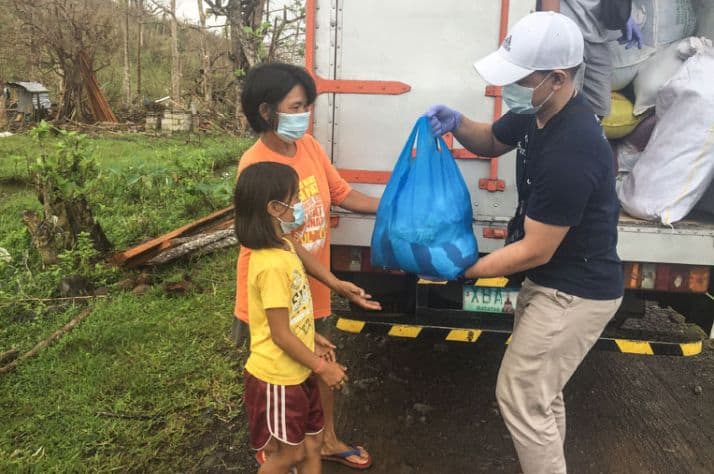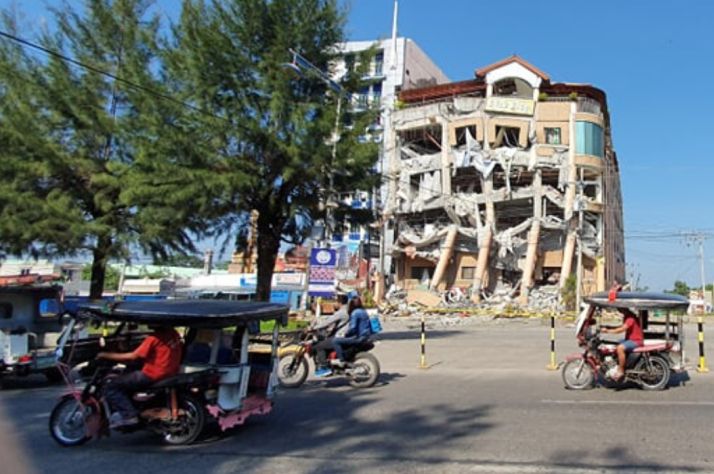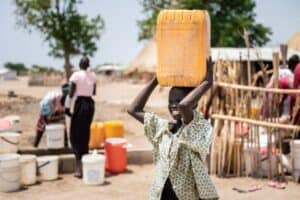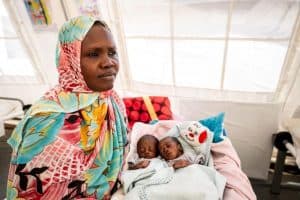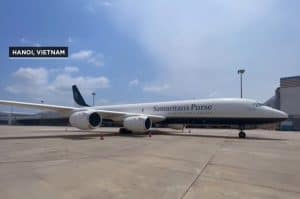Samaritan’s Purse is providing clean water kits, hygiene items, and shelter material.
For the latest on our Hurricane Eta response go here.
This story was originally published on Nov. 6 and updated again on Nov. 23.
—
Super Typhoon Goni slammed into the Philippines on Nov. 1 with maximum sustained winds of over 300 km/h and heavy rainfall that caused catastrophic flooding and mudslides. Goni comes on the heels of two typhoons that hit the nation within just two weeks of each other.
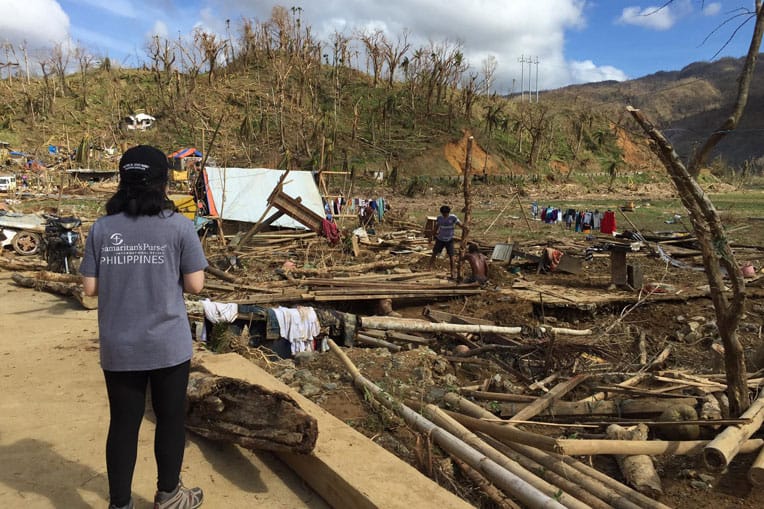
The powerful storm first made landfall at the northern end of the Philippines on Catanduanes Island, where more than 6,000 people had to take shelter in evacuation centers across the island. Goni then hit Luzon, the most populous island in the Philippines, where nearly a million people were evacuated prior to the storm’s arrival.
Five storms hit the Philippines in about three weeks, with the northern end of the country bearing the brunt of the devastation.
“Our staff response team had just completed Super Typhoon Goni damage assessments on Catanduanes Island, and were getting ready to begin relief distributions, when they were forced to hunker down in a hotel for safety due to the onslaught of Typhoon Vamco,” explained Patrick Gitonga, Samaritans Purse country director in the Philippines.
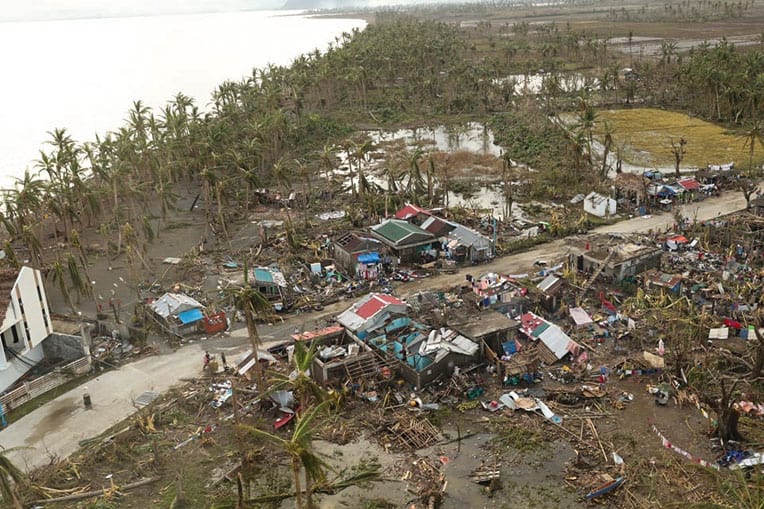
Vamco hit many of the same communities that had already endured a lashing from Goni only 10 days before. More than 1.5 million people in central Luzon—the country’s main and most populous island, were hit by both of these powerful typhoons.
And while the nation’s capital of Manila was largely spared during Goni, it took a direct hit during Vamco.
Typhoon Vamco affected more than 3 million people across eight regions, with more than 280,000 seeking safety in evacuation centers. Many families remain displaced.
Samaritan’s Purse is providing clean water kits, hygiene items, and shelter material. We are also distributing emergency food packages that can sustain a family of five for at least 10 days.
Food staples include rice, canned goods, noodles, dried fish, beans, cereal, cooking oil, salt, and sugar. Our teams anticipate reaching over 1,000 households with emergency food.
“We are so dependent on outside help right now,” said one beneficiary. “We lost all our crops and it takes a year to cultivate abaca [a species of banana].”
It is estimated that nearly 670,000 acres of farmland were destroyed during the recent storms.
“This is a complex humanitarian crisis, as the pre-existing COVID-19 pandemic has depleted local and national government coffers, and COVID-19 imposed movement restrictions have made it difficult for first responders from unaffected regions to gain access to affected communities,” Gitonga said.
Please pray for our teams as they serve in Jesus’ Name and demonstrate God’s love to suffering people. Pray also for the many hurting families who are struggling to recover in the aftermath of this disaster.


